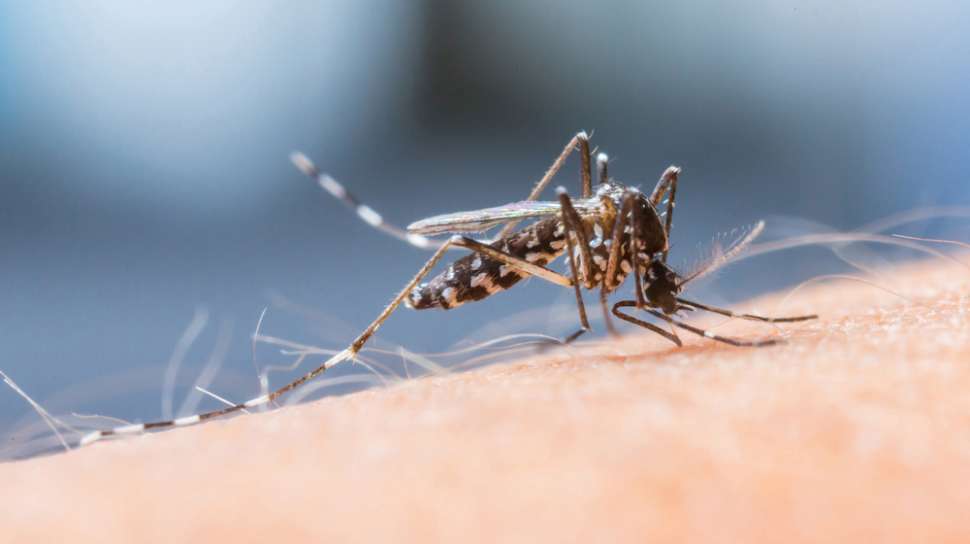Aedes aegypti and Aedes albopictus mosquitoes transmit the dengue virus. (Source: Shutterstock)
In total, from January to March 2022 there were 54 cases of dengue fever, then in 2021 there were 92 cases and one patient died
SuaraJogja.id – Cases of Dengue Hemorrhagic Fever (DBD) in the city Jogja increased quite high compared to the year 2021 ago. In the last 3 months in 2022, 54 cases of dengue have been recorded.
Different in the last 3 months in 2021 ago. Only 24 cases of DHF were recorded.
“In total, from January to March 2022, there were 54 cases of dengue fever, then in 2021 there were 92 cases and one patient died,” said the Head of the Infectious Disease Control and Immunization Section of the Yogyakarta City Health Office, Endang Sri Rahayu, when met at the Yogyakarta City Hall complex, Wednesday (March 22). 23/3/2022).
Of the last three months in 2022, January was the highest contributor to cases. Where there are 41 people infected with dengue.
Furthermore, said Endang, one of the factors causing the increase in DHF in Yogyakarta This is a fairly high intensity of rain.
“Once the rainfall is high, the cases also increase. Even though the five- or four-year pattern sometimes changes. But the pattern is like that,” said Endang.
On the other hand, his party said that Mosquito Nest Eradication (PSN) activities in the community were starting to slacken due to the Covid-19 pandemic. In fact, PSN is quite important in preventing and anticipating the transmission of DHF.
“The essence of the problem is in PSN. Because it is clear that dengue is transmitted from mosquitoes. Once there is a breeding place that is not cleaned, automatically there will be a lot of mosquitoes and have the potential to transmit,” he said.
Contacted separately, Emma Rahmi Aryani, Head of the Yogyakarta City Health Office, admitted that the Wolbachia mosquito program is still one of the efforts to control DHF in addition to maximizing PSN and outreach to the community. All of the Ministry of Health in the City of Jogja have been implemented with the Wolbachia mosquito program.
Also Read:
PPKM in Jogja Down to Level 3, Micro PPKM and Covid-19 Task Force Still Strengthened
“From the implementer, namely WMP, it continues to monitor. We are still looking at the mosquito samples that were distributed to a number of areas whether they have Wolbachia or not. Meanwhile, around 80 percent are still there,” he said.
In addition, the Health Office also reminded the public to be aggressive and stay alert to the transmission of various diseases during the current Covid-19 pandemic.
“What is clear is that the community, even though it is still during the Covid-19 pandemic, do not underestimate the transmission of other diseases. It is still PSN and like it or not, you have to be vigilant,” said Emma.
–


